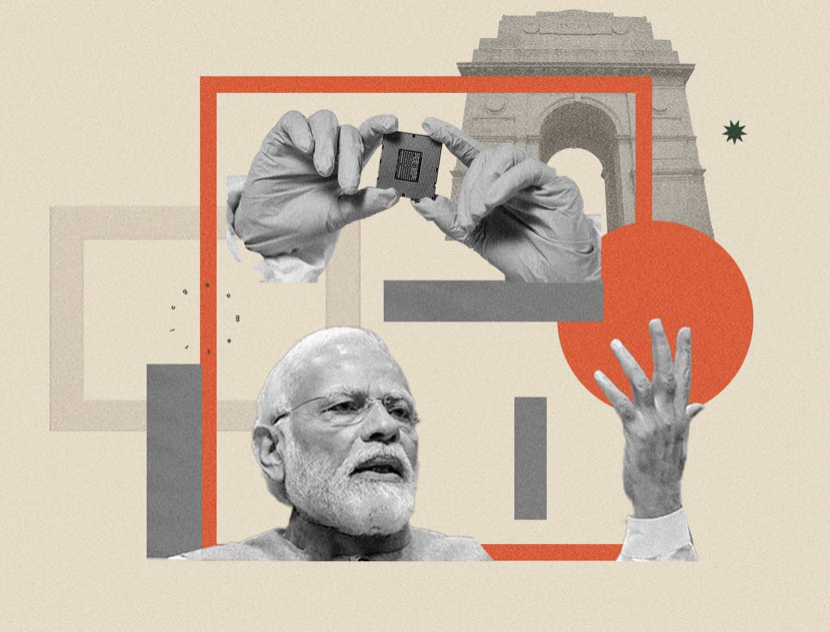Introduction:
Foxconn Technology Group, a prominent Taiwanese electronics company and a key supplier to Apple, has taken a significant step towards fostering research and innovation in India. On Monday, a tripartite agreement was signed between Foxconn Chairman Young Liu, the Indian Institute of Technology-Madras (IIT-M), and the Tamil Nadu government. This agreement aims to bolster research and development capabilities, promote innovation, and encourage collaboration in advanced technologies. The move highlights Foxconn’s interest in expanding into diverse sectors, including electric vehicle (EV) manufacturing and artificial intelligence (AI).
Foxconn’s Growing Presence in Tamil Nadu:
Foxconn already has a substantial presence in Tamil Nadu, operating a flagship assembly plant for Apple’s iPhone 13 and iPhone 14 in Sriperumbudur. Not only is the company expanding this facility, but it has also committed to investing in a mobile component manufacturing unit in Tamil Nadu, along with further investments in Telangana and Karnataka.
Read more: Foxconn’s 1,600 Cr Investment to Create 6,000 Jobs in Tamil Nadu
Focus on Research and Development:
Chairman Young Liu, known for emphasizing research and development, paid a visit to the sprawling IIT-M campus and the IIT-M Research Park during his India visit. His intent was to promote innovation and forge partnerships in advanced technologies. Foxconn’s interest in diversifying into EV manufacturing and AI aligns with the company’s desire to learn about research in key sectors through collaboration with IIT-Madras.
Tripartite MoU and its Impact:
The tripartite MoU between Foxconn, IIT-Madras, and the Tamil Nadu government opens the door for numerous opportunities. The agreement covers areas such as research and development, investments in the electronics sector, and training the workforce. Collaboration between Foxconn and the TN Government is expected to drive innovation, improve industry readiness, and foster talent development in the evolving electronics industry.
Improving Industry-Readiness and Talent Pool:
The MoU enables Foxconn to support the development of research and development capabilities in partnership with IIT-Madras. This collaboration aims to enhance the skills and industry-readiness of the talent pool to meet the changing demands of the electronics sector. The agreement also facilitates knowledge sharing and best practices, allowing the TN Government to benefit from IIT-Madras’ expertise in higher-order talent and workforce development.
Conclusion:
The partnership between Foxconn, IIT-Madras, and the Tamil Nadu government marks a significant milestone in India’s pursuit of advanced technologies research and innovation. With Foxconn’s strong presence in Tamil Nadu and its interest in expanding into EV manufacturing and AI, this collaboration is poised to bring about positive transformations in the electronics industry. As the tripartite agreement takes shape, it promises to unleash the potential of research, innovation, and skilled workforce development, setting a new benchmark for the advancement of technology in India.




